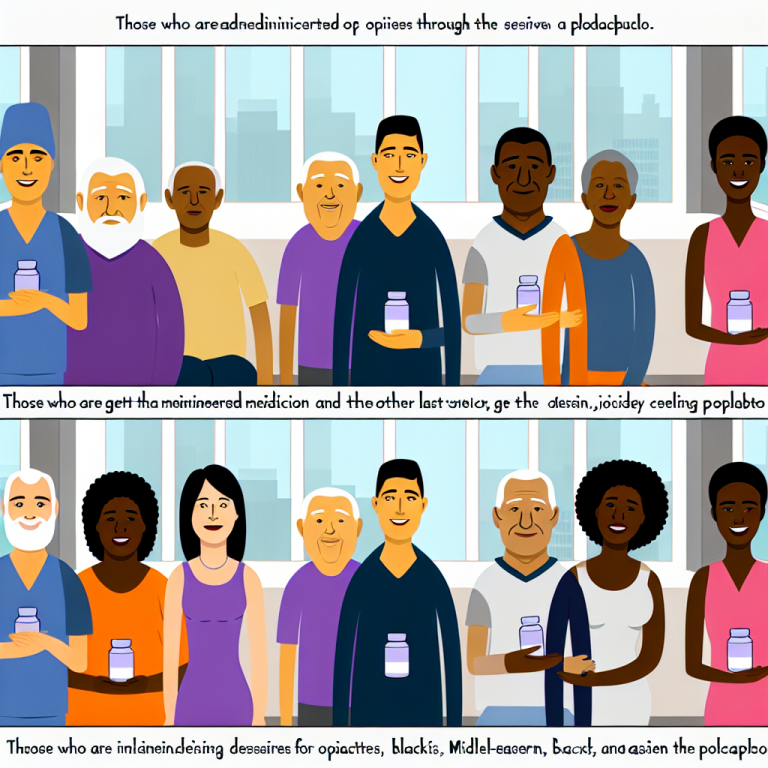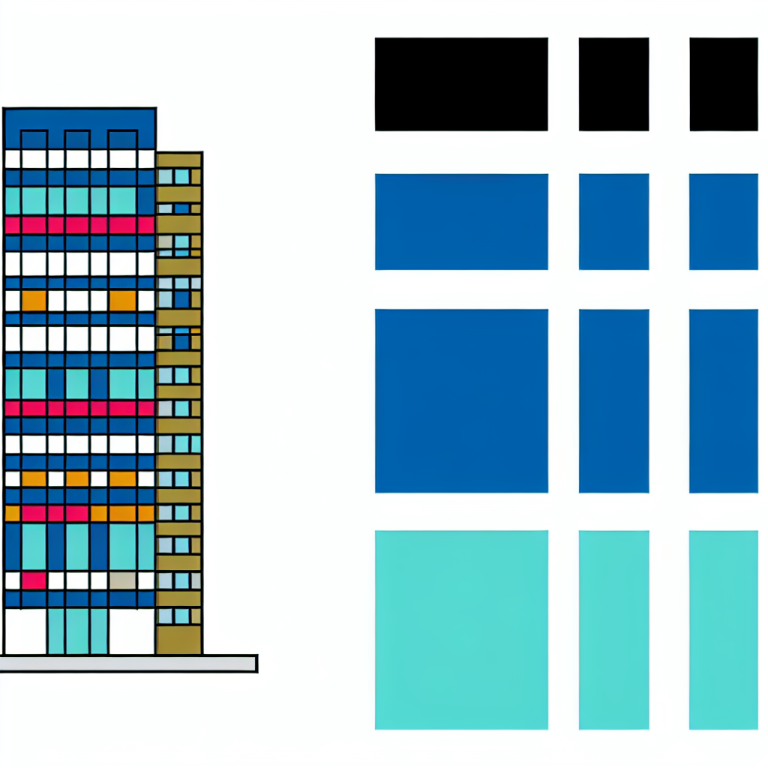A recent study conducted at a residential rehabilitation center has shown promising results regarding the use of glucagon-like peptide-1 (GLP-1) drugs in reducing cravings for opiates among individuals undergoing treatment for addiction. Neuroscientist Patricia Grigson, from Pennsylvania State University, presented the unpublished data at the annual meeting of the American Association for the Advancement of Science (AAAS) in Denver last week.
The study included 20 participants who had recently undergone opiate withdrawal and were receiving treatment at the rehabilitation center. Ten of the participants were given liraglutide, a drug approved by the Food and Drug Administration that mimics GLP-1, while the other ten received a placebo. Over the course of three weeks, those who took liraglutide reported a 40% decrease in opiate cravings compared to those who took the placebo. Some participants even reported no cravings at all during the study period.
Patricia Grigson expressed optimism about the results, stating that they are hopeful for the potential of GLP-1 drugs in combatting addiction. However, it is important to note that the study had some limitations, including a small sample size and participants experiencing gastric distress as a side effect of the GLP-1 drugs.
Moving forward, Grigson and her team plan to conduct a larger trial using semaglutide, a newer GLP-1 drug that is currently marketed as Ozempic and Wegovy. The goal of this next trial is to further investigate the effectiveness of GLP-1 drugs in reducing opiate cravings and potentially improving outcomes for individuals undergoing treatment for addiction.
The use of GLP-1 drugs in treating addiction is a promising area of research that has the potential to offer new options for individuals struggling with substance use disorders. By targeting the biological mechanisms that underlie cravings and addiction, these drugs may provide a novel approach to addressing the opioid epidemic and other forms of substance abuse.
Overall, the findings from this study contribute to a growing body of research on the potential benefits of GLP-1 drugs in treating addiction. As researchers continue to explore this area, it is hoped that these medications may offer a valuable tool in the fight against addiction and help individuals on the path to recovery.
Source: https://www.science.org/content/article/obesity-drug-cuts-opiate-craving




